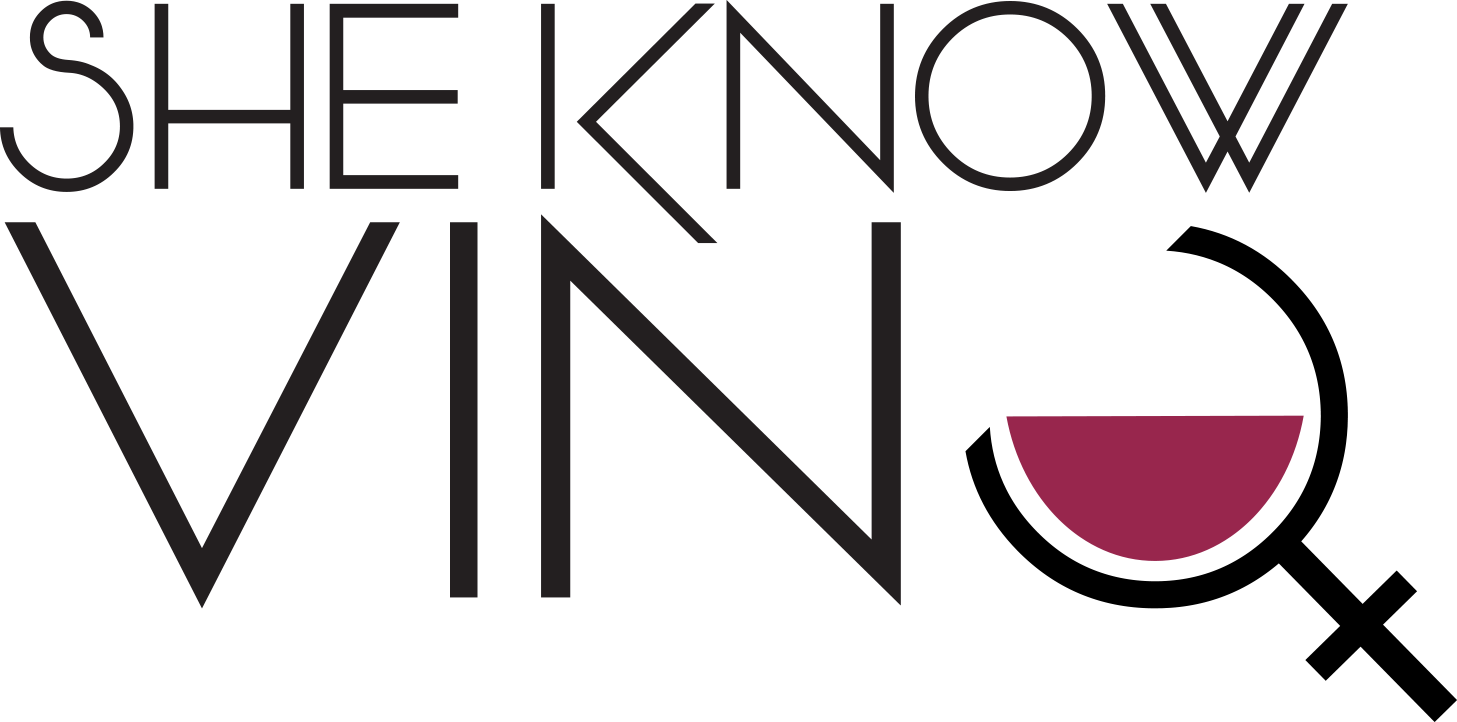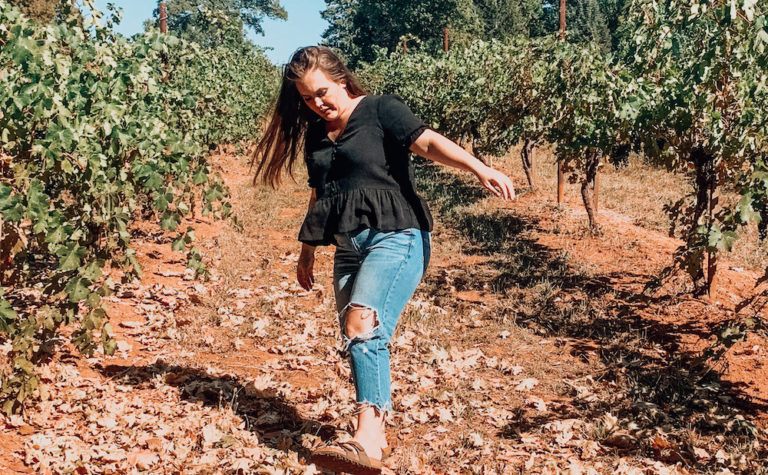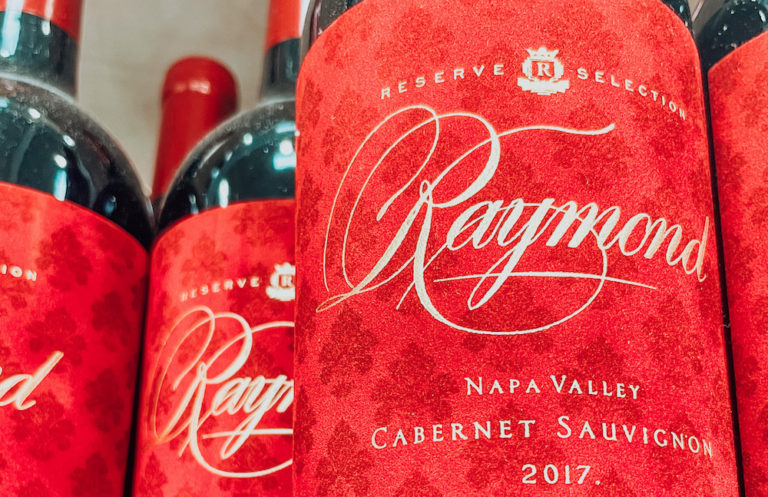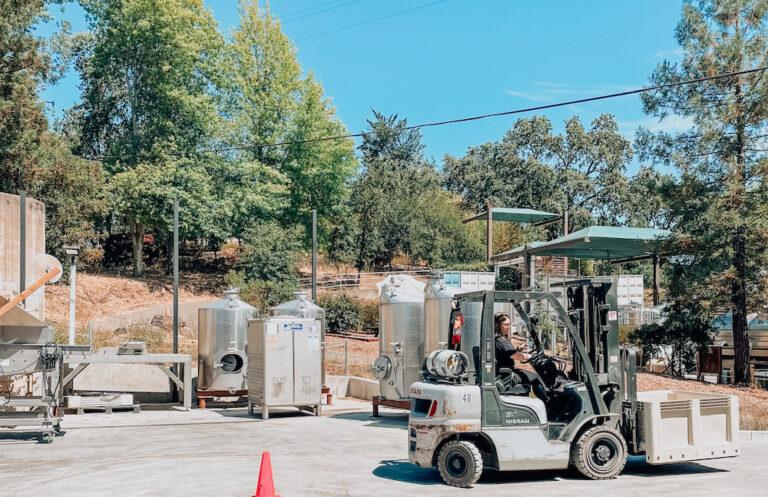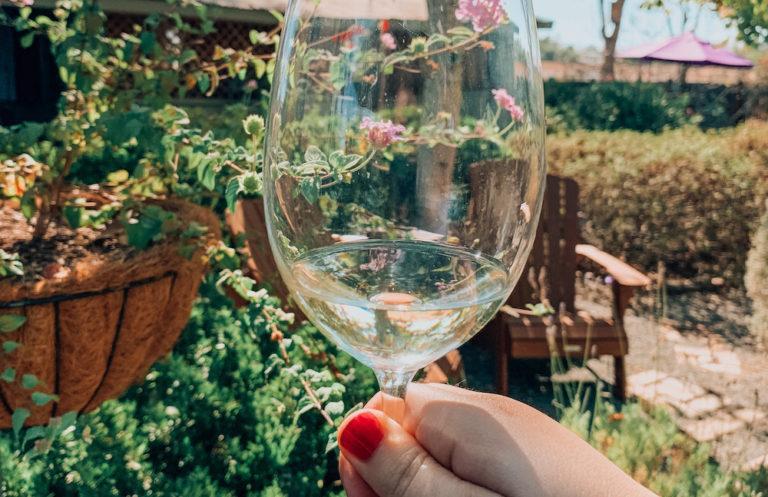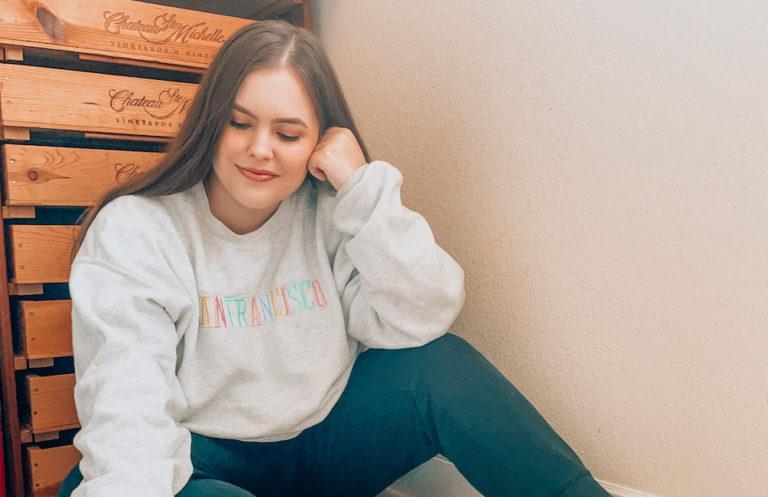How to Land Your First Job in the Wine Industry
When I was in college, I worked at my school’s career center, where I helped students with their resumes and cover letters. Over the course of the year, I reviewed over 600 resumes and 200 cover letters. This experience gave me valuable insights, but it wasn’t until I studied wine in Italy and took a wine class during my final semester that I realized I could use that knowledge to break into the wine industry.
As many of you know, I eventually became a social media coordinator for a large wine company, and more recently, I’ve worked many harvest and lab positions as I work towards a career in the industry. It’s been quite the journey, and now I want to share some tips to help you land your own job in the wine industry, whether you’re starting fresh or looking for your next opportunity.
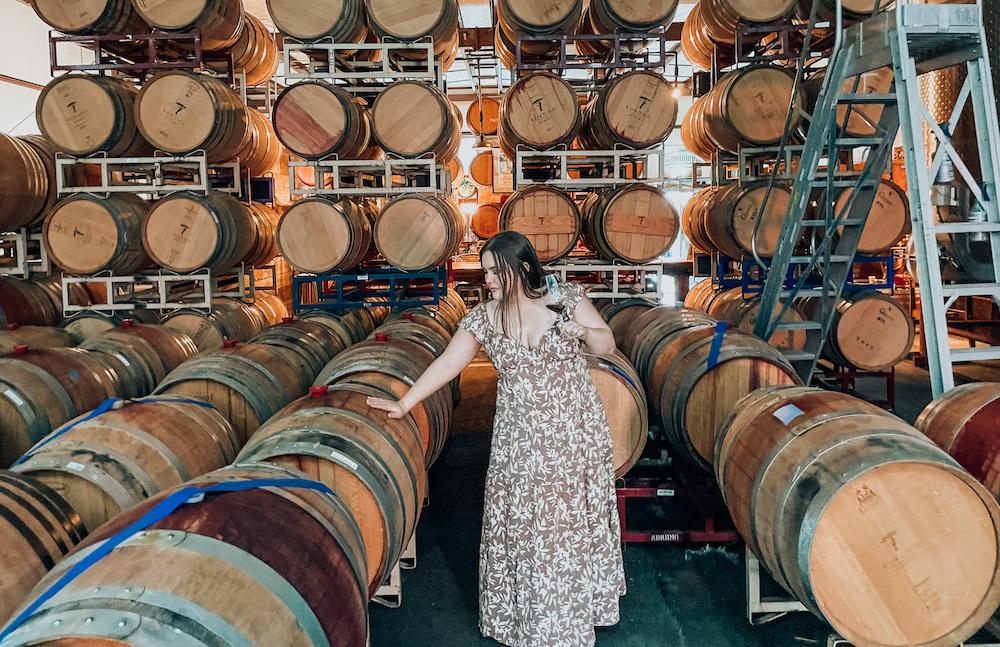
Step One: Start Searching for Jobs
It might sound odd, but before you even update your resume, begin by searching for jobs that interest you. Why? Because you can tailor your resume to match the keywords in job listings, increasing your chances of standing out to recruiters.
Realistically, you might not have a separate resume for every job, but you should have different versions tailored to specific roles. For example, if you’re looking at social media coordinator positions, highlight your marketing and content creation experience. If you’re aiming for tasting room roles, focus on your customer service experience and skills that relate directly to those positions.
Where do you find these jobs? LinkedIn job boards are a good start, but keep in mind that there might not be many listings unless you’re in a state known for wine. I love using WineBusiness.com for its extensive list of winery job openings. It’s a great tool for narrowing your search based on location and role.
Step Two: Update Your Resume
Yes, your resume matters… probably more than you think. Don’t stress about keeping it to one page. If your experience calls for two pages, go ahead and use them. I learned this the hard way: I was sending out a one-page resume and barely got any responses. Once I expanded it to two pages to fit all my relevant skills and experience, I started getting responses right away.
Stick to a clean, simple format. There is no need for colorful graphics unless you’re a graphic designer. The key is to showcase your experience with clarity, using bold, italics, and underlines to highlight important details.
Also, don’t be afraid to play around with how you present your experiences. For instance, if you’ve worked in engineering but are applying for a tasting room position, lead with any management or customer service experience you have. While coding might not be directly relevant, it shows you’re detail-oriented—a transferable skill that can impress in many roles.

Step Three: Write a Cover Letter
I know, cover letters aren’t the most fun part of the application process, but they’re essential. Here’s the trick: use the same basic template for each one, but personalize it to show your passion and enthusiasm for the company and the role.
In the first paragraph, briefly introduce yourself and mention where you found the job posting. In the second paragraph, focus on your qualifications. Then in the third paragraph, talk about the company’s work and what excites you about it. Finish with a strong conclusion about why you’re the perfect fit.
Here’s my personal spin on it: In my cover letter, I write about my passion for wine by telling a short story about how I got into the industry. This shows I’m not just applying for the job because I need it, I’m applying because I truly love wine and believe in what the winery is doing. A well-written cover letter can make you stand out, especially if you show authentic enthusiasm.
Step Four: Nail the Interview
Interviews can be intimidating, but preparation is key. Don’t be afraid to take notes or bring questions with you. It shows you’re organized and genuinely interested in the position. I can’t tell you how many times having prepared questions helped me stand out during interviews.
Of course, ask about the role, team, and expectations, but also don’t shy away from asking fun, wine-related questions. Try something like, “What’s your favorite grape variety?” or “How did you get into the wine industry?” These questions not only show your passion but also make the conversation more engaging and memorable.
The wine industry values passion just as much as experience. If you can show that you care about wine and are eager to learn, it could be the difference between getting hired or not. Keep that in mind, and trust me, you’ll be well on your way to landing your dream job in the industry.

